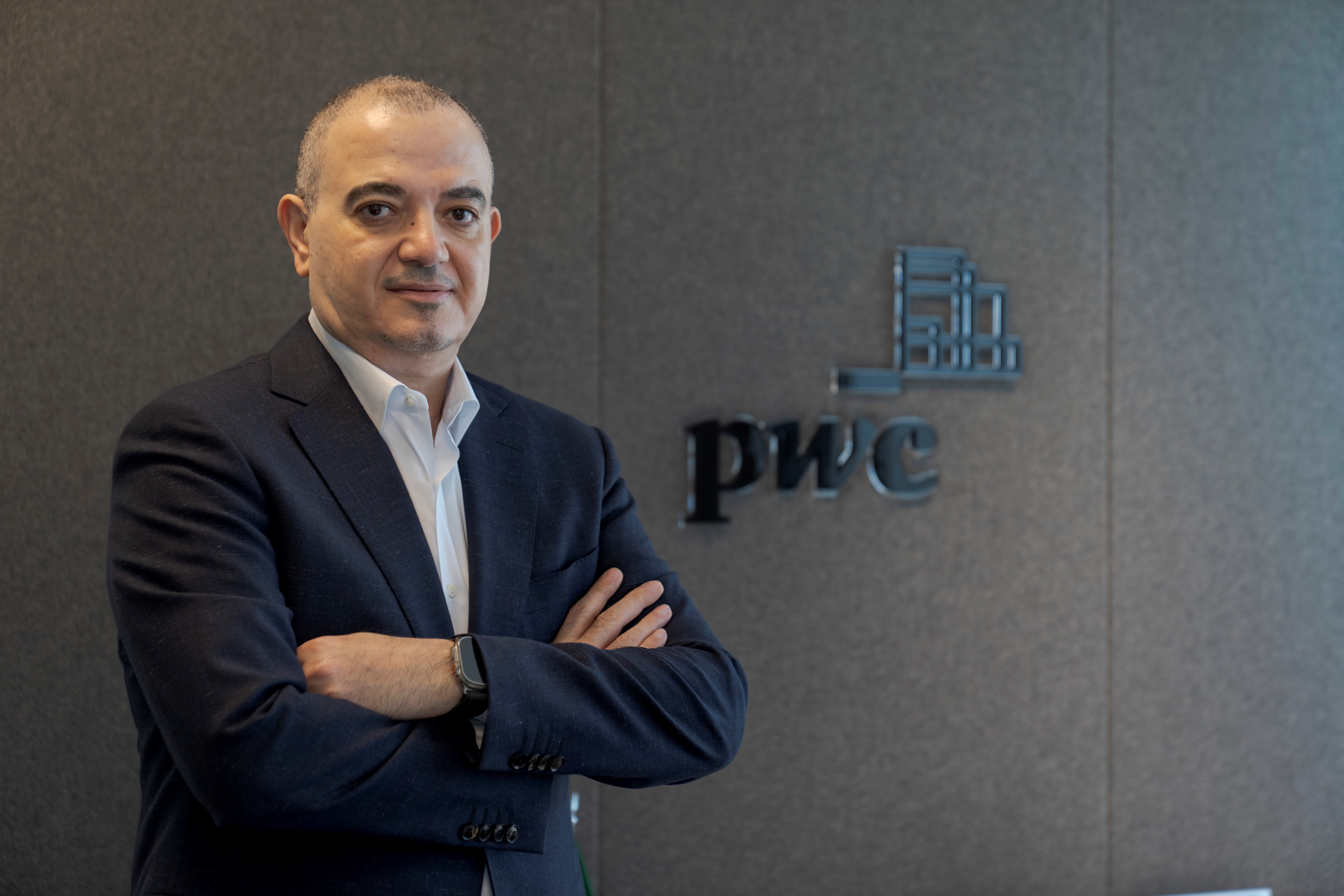 Riyadh Al-Najjar, Middle East Chairman of the Board and KSA Country Senior Partner for PwC Middle East in Saudi Arabia
Riyadh Al-Najjar, Middle East Chairman of the Board and KSA Country Senior Partner for PwC Middle East in Saudi Arabia
Businesses must gear up to attract a new age of Saudi talent
As the world of work evolves at an unprecedented pace led by transformation in spheres including digitalisation and sustainability, the Saudi workforce is well aware that the skills required to excel in a job five years from now will be vastly different from those needed today.
Today, a highly motivated, young and tech-savvy generation is leading the nation's progress. Our 2023 Middle East Workforce Hopes and Fears Survey, which included 521 individuals in Saudi Arabia, reveals a growing interest in emerging technologies such as artificial intelligence (AI), as well as in green skills and sustainability. Nearly two-thirds of Saudi-based respondents believe that upskilling would help them perform their jobs better in the next five years.
As companies become more technology-driven, the new Saudi workforce is taking charge of their career. Ready to be disruptors, and not the disrupted, this new generation is keen to future-proof themselves with 21st century skills, combining existing and new capabilities to thrive in a region being profoundly transformed.
The Saudi government has created an environment that strongly encourages innovation, investing heavily in research and development, establishing supportive policies, and positioning the Kingdom as an attractive destination for global firms to invest in. For employers hoping to attract and retain the next generation of workers, there is now greater impetus – and no excuse – to enhance their workplace offerings, while enabling flexible and supportive work environments.
Digital first
A striking three-quarters of respondents in our survey foresee digital skills growing in importance over the coming five years, while 70% expressed confidence in their employers to provide them with the essential resources for enhancing these skills. This emphasises the joint role that must be played by the Saudi government and the private sector to empower the workforce in the Kingdom with advanced digital skills, thereby elevating their competitiveness.
There is also a remarkable optimism towards AI, as Saudi talent are confident in its potential to enhance productivity and spur job creation. Nearly half of the respondents in the Kingdom foresee that AI will amplify workplace productivity and effectiveness, compared to only 31% of the respondents globally. Additionally, 36% believe that AI will pave the way for new job opportunities.
This outlook aligns with the Kingdom’s strategic endeavours aimed at accelerating the adoption of data and AI, aligning the competencies of the labour market with the evolving business landscape.
Private sector employers must equip the workforce with specialised digital skills such as data management, utilising generation AI tools and cybersecurity, to thrive in the workplaces of the future. With its growing AI landscape, the Kingdom now has the potential to leapfrog more established technologies and go directly to adopting solutions such as AI at scale. People who cannot adapt to new processes and responsibilities risk being left behind.
The value of green
The International Labor Organization (ILO) projects that by 2030, the green economy is likely to create 24 million jobs worldwide, and these new jobs will require newly trained people. Our survey results evoke a similar stance, with over 60% of respondents emphasising the significance of green skills, in line with the Kingdom's commitment to sustainability and the urgent call to address the growing climate crisis at the recently concluded COP28 in the UAE.
Leaders at the climate conference highlighted the need for a workforce with new skills to achieve sustainability goals. And with the consensus to triple renewables and double energy efficiency by 2030, we foresee a greater demand for specialised green skills including engineering and technical expertise, but also monitoring skills such as reporting and compliance.
Today, youth have more opportunities to transition to green jobs as environmentally responsible companies and projects will require professionals specialised in areas such as environmental management, conservation, and biodiversity. We also foresee an increase in demand for professionals skilled in green building design and construction, sustainable materials, and smart city technologies. By investing in workforce training for the next decade, leaders can better prepare their organisations for the green transition.
The Saudi workforce knows what they want and will pivot towards organisations that invest in upskilling, adapt to new technologies, and prioritise green skills training. Organisations that fall back to adapt to the changing times, will find themselves struggling to attract and retain talent in a rapidly evolving economy, especially in a post-COP28 world.








